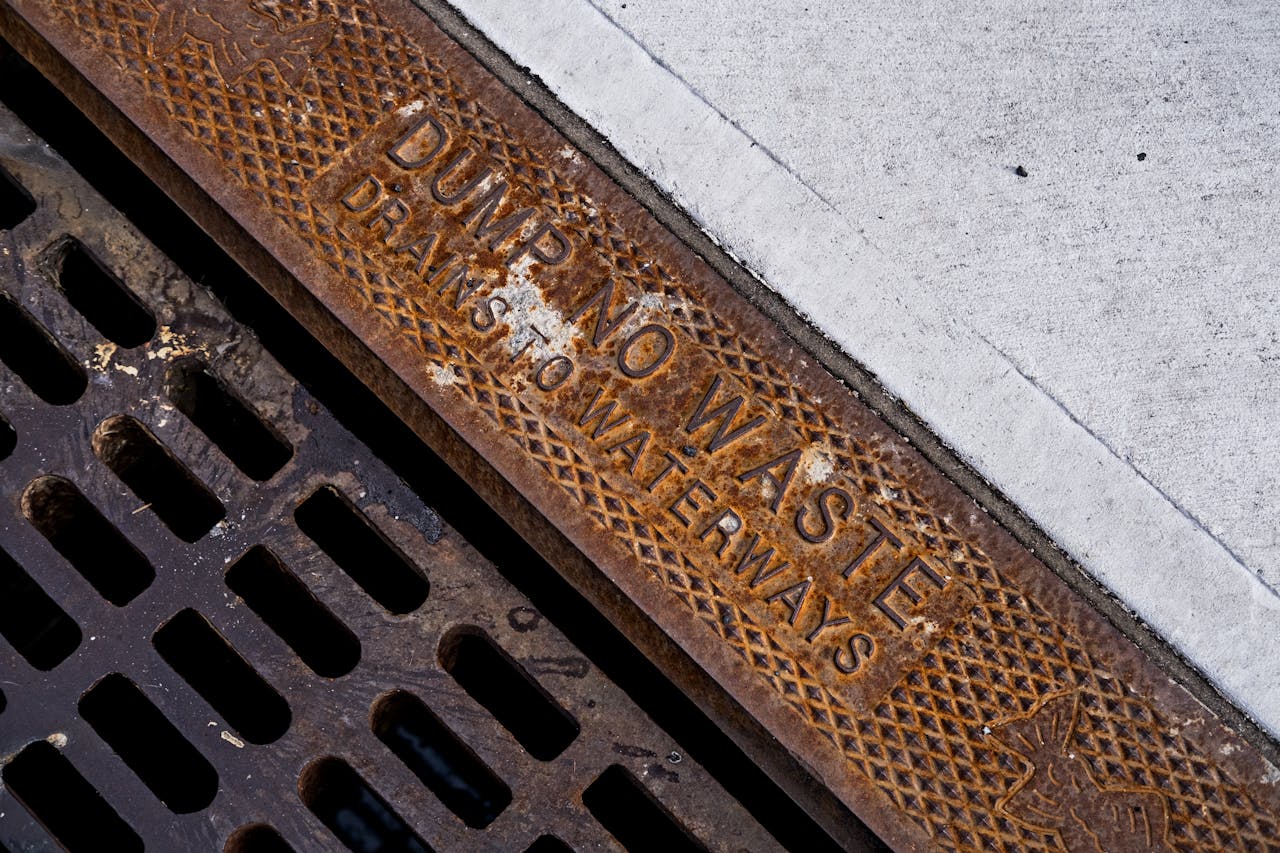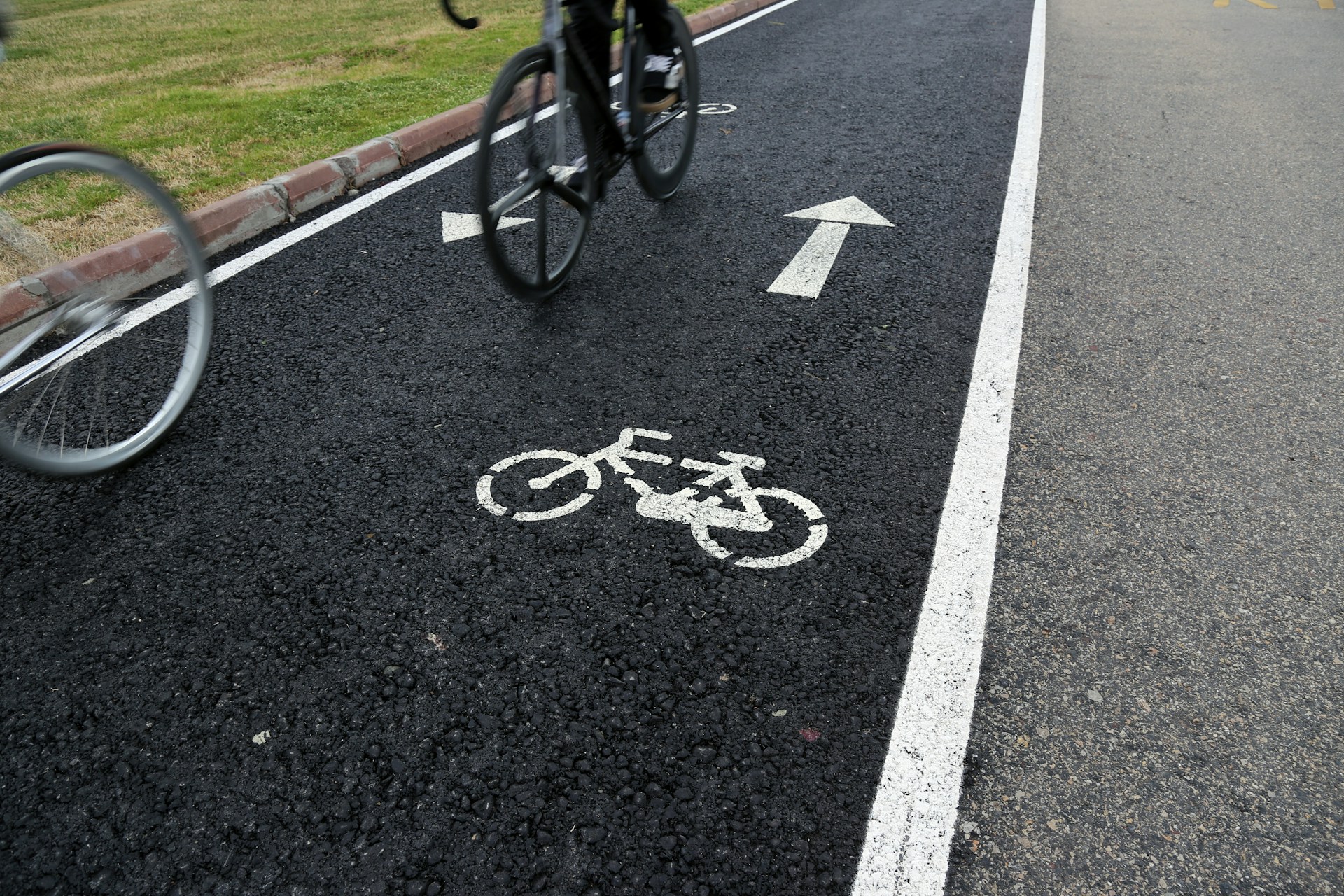NY Consolidated Funding Application Highlights: DEC Programs
The deadline to submit grant applications through New York State’s Consolidated Funding Application (CFA) is July 31, 2024 at 4 p.m. Read Walden’s recent announcement about the opening of the CFA for more information about the funding and the award process in general. Here, we will highlight three CFA programs, all of which are administered through the New York State Department of Environmental Conservation (DEC) and are subject to the July 31 deadline. An additional blog this week will focus on three more notable grant programs that are administered by other state agencies.
 The Non-Agricultural Nonpoint Source Planning and MS4 Mapping Grant Program
The Non-Agricultural Nonpoint Source Planning and MS4 Mapping Grant Program
This program is providing $3 million in funding for applicants with projects involving municipal separate storm sewer system (MS4) mapping or nonpoint source water quality improvement planning.
MS4 applicants may be municipalities to which the MS4 general permit applies or soil and water conservation districts (which are able to apply on behalf of the MS4 operator). Submittals are limited to one project per applicant. A maximum of $75,000 may be awarded to individual operators and $400,000 to collaboratives (limited to $60,000 per participating municipality).
Nonpoint source applicants may be municipalities or soil and water conservation districts. Applicants may submit up to five projects for consideration. Projects that involve preparation of planning reports can receive up to $50,000 in funding. Those that involve completion of comprehensive stream corridor studies can receive up to $75,000. Funding under this grant is intended to advance projects towards implementation and to meet eligibility requirements for additional funding.
Applicants for both MS4 mapping and nonpoint source planning funding must provide a local match of 10%, meaning that they have to cover 10% of the cost of the grant that they receive. Projects that are located in potential environmental justice areas (PEJAs) or disadvantaged communities (DACs) and those that help further flood and climate resiliency will receive an additional edge in the grant evaluation process.
 The Water Quality Improvement Project (WQIP) Program
The Water Quality Improvement Project (WQIP) Program
As its name implies, this program is funding a variety of projects that share the ultimate goal of furthering water quality. There is $75 million available. Applicants may be municipalities, soil and water conservation districts, and nonprofits. A maximum of five projects per applicant may be submitted under this program. Some of the project types that may receive WQIP grant funding involve:
- Improvement of wastewater treatment systems
- Purchase of street vacuum trucks for deployment in MS4 zones
- Storage and decreased usage of road salt
The local match requirement for projects funded under this program is 25%. As with the MS4 mapping and nonpoint source planning program, applications for projects that are in PEJAs/DACs and that support flood and climate resiliency will be weighted more favorably in the evaluation process.
 The Climate Smart Communities (CSC) Grant Program
The Climate Smart Communities (CSC) Grant Program
The CSC program provides funding for two major kinds of projects. Implementation projects should seek to lessen the effects of carbon emissions or prepare for the future impacts of climate change. Certification projects fund a variety of planning and assessment tasks that municipalities can complete to attain a CSC certification.
Applicants to the CSC program can be municipalities, which can also elect to work with certain partner entities. Applications are accepted whether or not the municipality has the CSC certification. Multiple projects can be submitted by the same applicant. It is also important to note that grant funding will be distributed retroactively, after the applicant has already paid for the work.
There is a total of $11.5 million that has been allocated for implementation projects and an additional $1 million for certification projects. Implementation projects can receive between $50,000 and $2 million in grant funding. Grants for CSC certification projects are between $10,000 and $200,000.
Local match amounts for this program may be 50% or 20%—the value is determined by DAC status or median household income. DAC status also influences project evaluation, as with the prior two programs. Some other factors that affect application scoring include the level of need for the project and the cost.
How Can Walden Help?
At Walden, we work hard to keep up with all of the latest funding opportunities available to our clients—read about some other recent grants here. Our grant writing team is highly experienced with all of the nuances of the application process and has secured over $60 million in funding for clients to date.
Are you interested in learning more about any of these CFA programs? Contact us at 516-548-2974 to connect with a grant expert. Be sure to also check out New York’s CFA resource document for more information and additional programs!
Photo credits:
Storm drain photo by Malcolm Garret: https://www.pexels.com/photo/a-rusty-metal-street-drainage-6573773/
Road salt photo by Jason Mavrommatis on Unsplash
Bike lane photo by Şahin Sezer Dinçer on Unsplash

 The Non-Agricultural Nonpoint Source Planning and MS4 Mapping Grant Program
The Non-Agricultural Nonpoint Source Planning and MS4 Mapping Grant Program The Water Quality Improvement Project (WQIP) Program
The Water Quality Improvement Project (WQIP) Program The Climate Smart Communities (CSC) Grant Program
The Climate Smart Communities (CSC) Grant Program